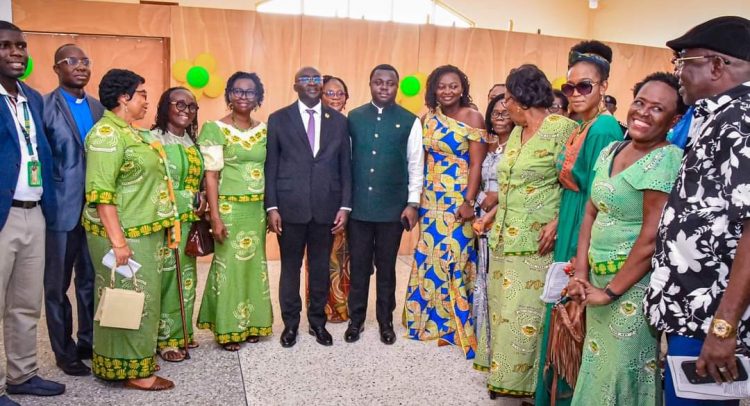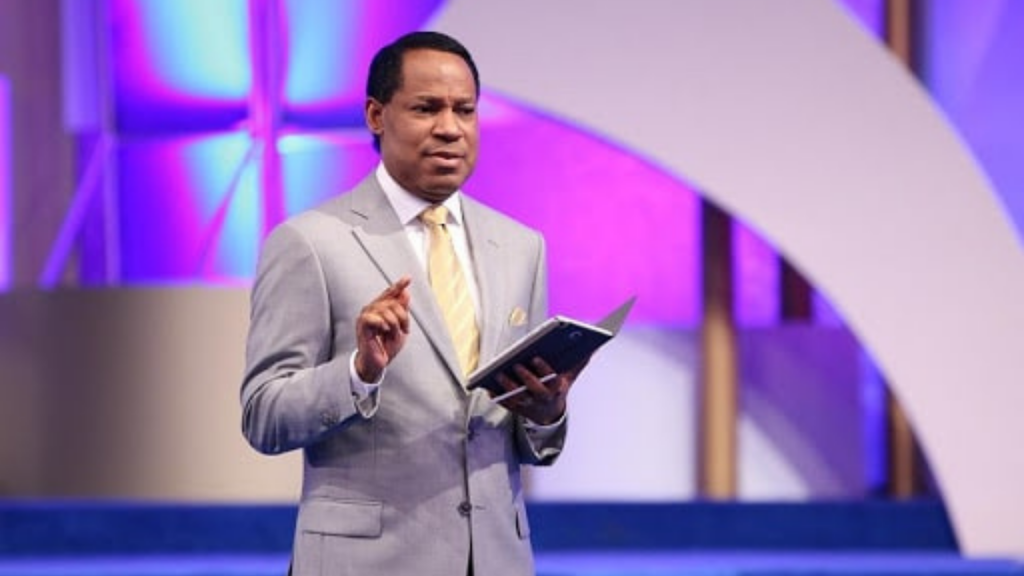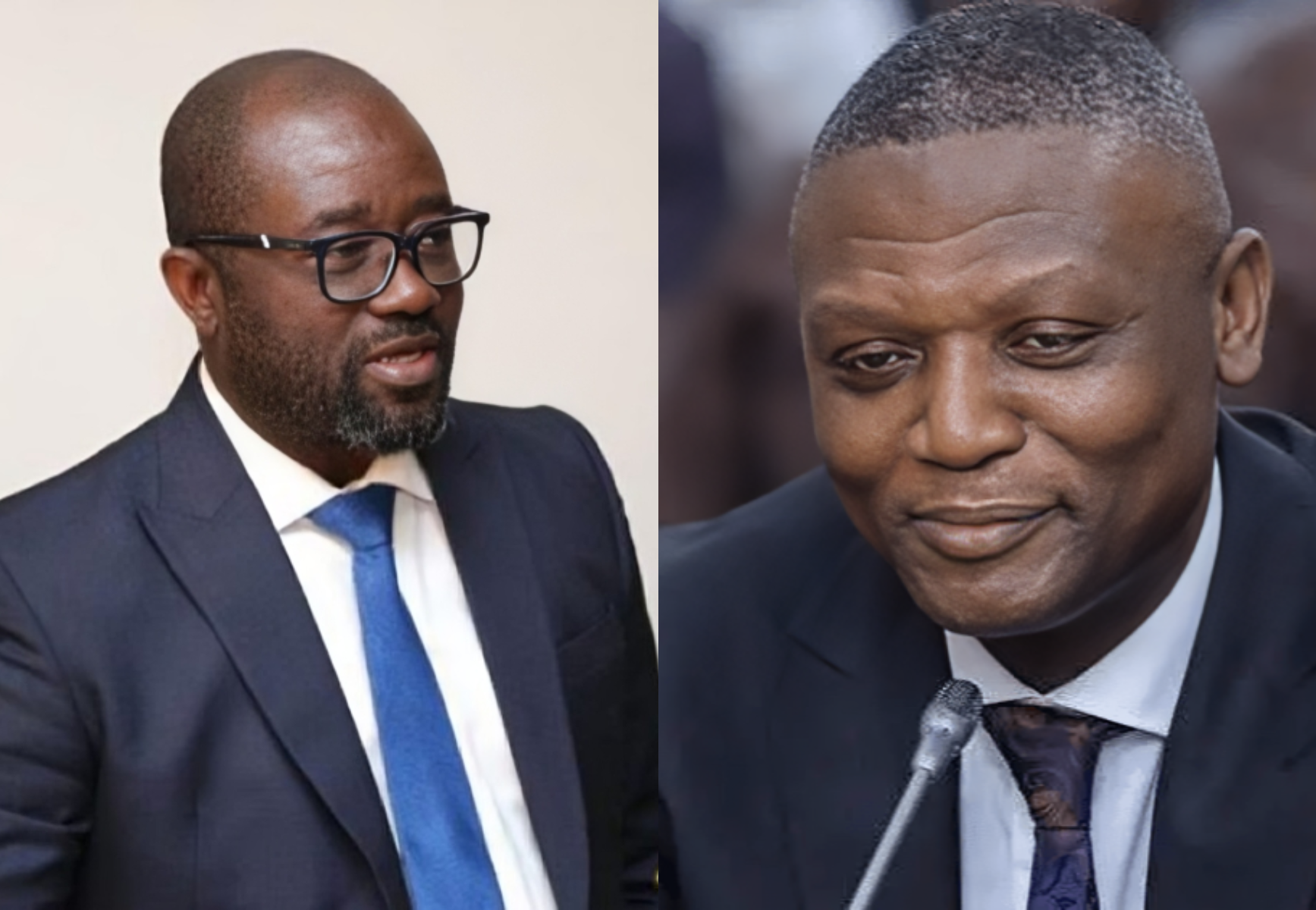
When I first came across the news that Nigeria had launched cNGN, a private-sector-backed stablecoin pegged 1:1 to the Naira, I was intrigued. Nigeria had already pioneered Africa’s first central bank digital currency (CBDC) with the eNaira back in 2021.
Now, with cNGN entering the picture, it became clear that Nigeria was rapidly evolving its digital currency ecosystem.
But what about Ghana? The eCedi had been one of the most anticipated digital currency projects in the region. Yet, three years after its announcement, there has been little progress toward full-scale adoption.
It got me thinking: Where exactly does Ghana stand in this digital currency race?

In October 2021, Nigeria made history by launching the eNaira, becoming the first African country to introduce a CBDC. The move positioned Nigeria as a leader in digital finance on the continent, setting a precedent for other countries, particularly Ghana, which had already announced plans for its own CBDC, the eCedi.
However, while the eNaira has been operational for over three years, Ghana’s much-anticipated eCedi remains in a pilot phase with no official rollout date in sight.
The Bank of Ghana (BoG), which once prided itself on being one of the first central banks in Africa to explore a CBDC, has since been overtaken by events, raising questions about what went wrong and where the project stands today.
Nigeria’s head start and subsequent struggles
Nigeria’s eNaira was launched with significant expectations, with the Central Bank of Nigeria (CBN) touting it as a game-changer in financial transactions, remittances, and financial inclusion. Yet, despite the early excitement, adoption rates have been disappointingly low.
By late 2023, estimates indicated that fewer than 1 million Nigerians had used the eNaira—less than 0.5% of the country’s population. Challenges such as limited public awareness, concerns about government surveillance, and competition from more popular mobile money services like Paga, OPay, and MoMo have hindered its adoption (Al Jazeera).
Likely in recognition of these limitations, Nigeria has shifted its strategy with the introduction of cNGN, a privately-led stablecoin pegged 1:1 to the Naira.

Unlike the eNaira, which was entirely state-controlled, cNGN is backed by a consortium of banks, fintech companies, and blockchain firms, with regulatory oversight from the Nigeria’s Securities and Exchange Commission (SEC).
Ghana’s eCedi: A promising start, but where is it now?
The Bank of Ghana (BoG) first announced its plans for the eCedi in August 2021, entering into a partnership with Giesecke Devrient (G D) (PDF) to conduct feasibility studies and develop a prototype.
The pilot, which was expected to last a few months, included trials in select areas such as Accra, Tarkwa, and Sefwi Asafo, testing both online and offline functionality to accommodate users without internet access.
By 2023, BoG officials were still discussing the eCedi in aspirational terms, emphasizing its potential to enhance financial inclusion, improve payment efficiency, and support a cash-lite economy.
The digital currency even won international recognition, securing the “Innovation in Digital Currency Design for Financial Inclusion” award during the Payment and Innovation Week in London (BoG).
However, progress has stalled, and by early 2025, no nationwide rollout has been announced. The lack of updates has led to growing speculation about the project’s viability and whether it will ever move beyond the pilot phase.
Political and leadership shifts at BoG
Following the election of President John Dramani Mahama in December 2024, BoG Governor Dr. Ernest Addison proceeded on terminal leave on February 3, 2025, ahead of his official retirement in March 2025.
He was replaced by Dr. Johnson Asiamah, a seasoned economist with his own cup of drama and legal issues and over 23 years of experience at the BoG and a former Second Deputy Governor.

Would Dr. Asiamah’s arrival signal a potential shift in monetary policy priorities, particularly given the economic challenges facing Ghana, including inflation, currency depreciation, and a high public debt burden?
Will the new administration reassess the eCedi’s feasibility and commit to a full-scale launch, considering its expected and touted impact on inflation control, monetary policy transmission, and financial stability?
These are two questions I wait with bated breaths to get answers to. But even as we wait, we can learn from the mistakes of our neighbours–so that our delay wouldn’t be in vain.
Lessons from Nigeria: What should Ghana do differently?
Nigeria’s struggles with eNaira adoption provide valuable lessons for Ghana.
If the BoG hopes for a successful launch of the eCedi, it must avoid the mistakes that have plagued the eNaira. Some key takeaways include:
Public education and awareness: A major reason for eNaira’s failure to gain traction was that many Nigerians didn’t understand its benefits. Ghana must invest in extensive public education campaigns before launching the eCedi.
Private sector involvement: Unlike the eNaira, Nigeria’s cNGN stablecoin has gained traction precisely because it was driven by private institutions with regulatory oversight. Ghana could follow a similar model, ensuring that banks, fintechs, and businesses actively participate in driving adoption.
Interoperability with existing financial services: The BoG should ensure that the eCedi is seamlessly integrated with mobile money platforms like MTN Mobile Money, Vodafone Cash, and Zeepay rather than competing with them. The BoG had promised this earlier, it is time to walk the talk and ensure it is the case
Cross-border functionality: The BoG has already tested eCedi for cross-border payments with Singapore, demonstrating its potential for international remittances. This should be a key selling point when marketing the digital currency, with remittances being a huge issue in Ghana.
As of early 2025, the eCedi remains in limbo. Despite BoG’s commitment to launch e-Cedi before 2026, with a new Governor and a government focused on tackling economic instability, it remains unclear whether Ghana will prioritize launching its CBDC anytime soon.
Unlike Nigeria, which rushed into digital currency adoption, we have taken a more cautious approach, be design or by chance— but it should ultimately result in a more sustainable and widely accepted digital currency if handled well.
However, with Nigeria now exploring private sector-driven digital currency solutions like the cNGN, Ghana must decide whether to stick with its central bank-led model or pivot toward a hybrid approach that leverages public-private partnerships.
The post With Nigeria’s digital currency evolving, where does Ghana’s eCedi stand? first appeared on 3News.
Read Full Story




















Facebook
Twitter
Pinterest
Instagram
Google+
YouTube
LinkedIn
RSS